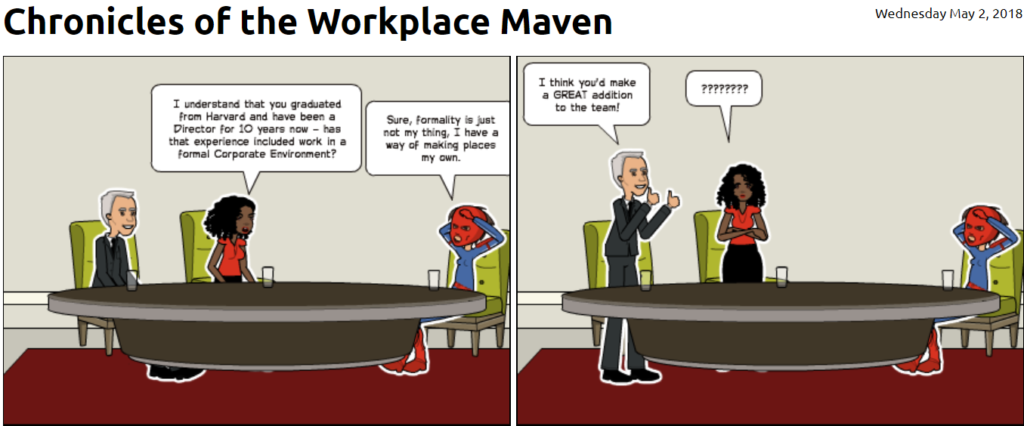Hiring managers often face the age-old chicken vs. egg debate of determining whether it’s more important to hire the candidate with the most relevant skills or whether it’s more important to hire the candidate that best fits the culture. In an ideal world the employees we hire would be both a perfect cultural fit and have the relevant skills needed for the job. Yet, the reality of today’s candidate pool for many positions rarely will reflect that “complete” candidate profile. While both skills and fit are vitally important to building an effective team, for many organizations, hiring for fit is fast becoming more important than hiring for skill. According to a Leadership IQ survey of 20,000 hiring managers, 46% of all new hires fail within the first 18 months of employment; 89% of those failures were due to personality or attitude problems while only 11% of the time for a lack of skill. When the time comes in which you must choose one over the other – which should it be? Here are 5 advantages to hiring for fit over skill.
1. Fewer Habits to Break – When you hire someone that does not necessarily have the exact skill or experience that you seek, but fits the company culture, you have the unique opportunity to train someone according to your specific way of business and culture. In these instances, you have no old habits to break when it comes to doing the particular tasks of the job and instead can lay the foundation of how you prefer the work to be performed as you provide training.
2. Ease of Learning New Skills – It’s not that technical skills aren’t important, but they’re much easier to acquire if the candidate does not possess them. In many positions, even if you have experience in working a particular role, odds are that when you join a new organization you will still have to be trained on how to use that Company’s particular system; follow the organization specific process; or meet client specific requirements. Cultural fit on the other hand is not easily trainable – It’s the makeup of who they are, what they value and what they bring to the table. Most people can pick up new skills with relative ease if you have the time to train them, but, it’s rare that you can change the core of who someone is.
3. Higher Likelihood of Job Satisfaction – When employees are in an environment that is meeting their needs and connects with their values, they are more fully invested in the work that they do. There’s not much job satisfaction for employees who enjoy their work but hate the environment they are doing it in. By hiring for cultural fit, you’re putting employees in a position where they can love what they do and where they are doing it – which can drastically improve their job satisfaction.
4. Reduced Turnover – If an employee is happy and fits the culture where he or she is, they are going to be less likely to want to leave that workplace. When you find candidates who fit the culture, you are increasing the likelihood that they will be committed to their team and the organization with less motivation to leave.
5. Stronger Job Performance – Hiring employees that don’t fit well with the existing or desired company culture often leads to poor work quality. When you hire employees that reflect the core beliefs, attitudes, and behaviors that make up your organization, you create a connection with the company, which results in an employee who works harder to meet business goals. In this scenario, not only will you obtain higher performance out of the employee, but the employee will have an innate desire to work smarter and make decisions that will benefit the company.
Taking the time to find candidates that can mesh with your organization’s culture is worth the effort. Remember, while many candidates look ideal on paper, it’s important to consider that only a handful will be able to integrate with your organization and ultimately contribute towards achieving critical business objectives.

